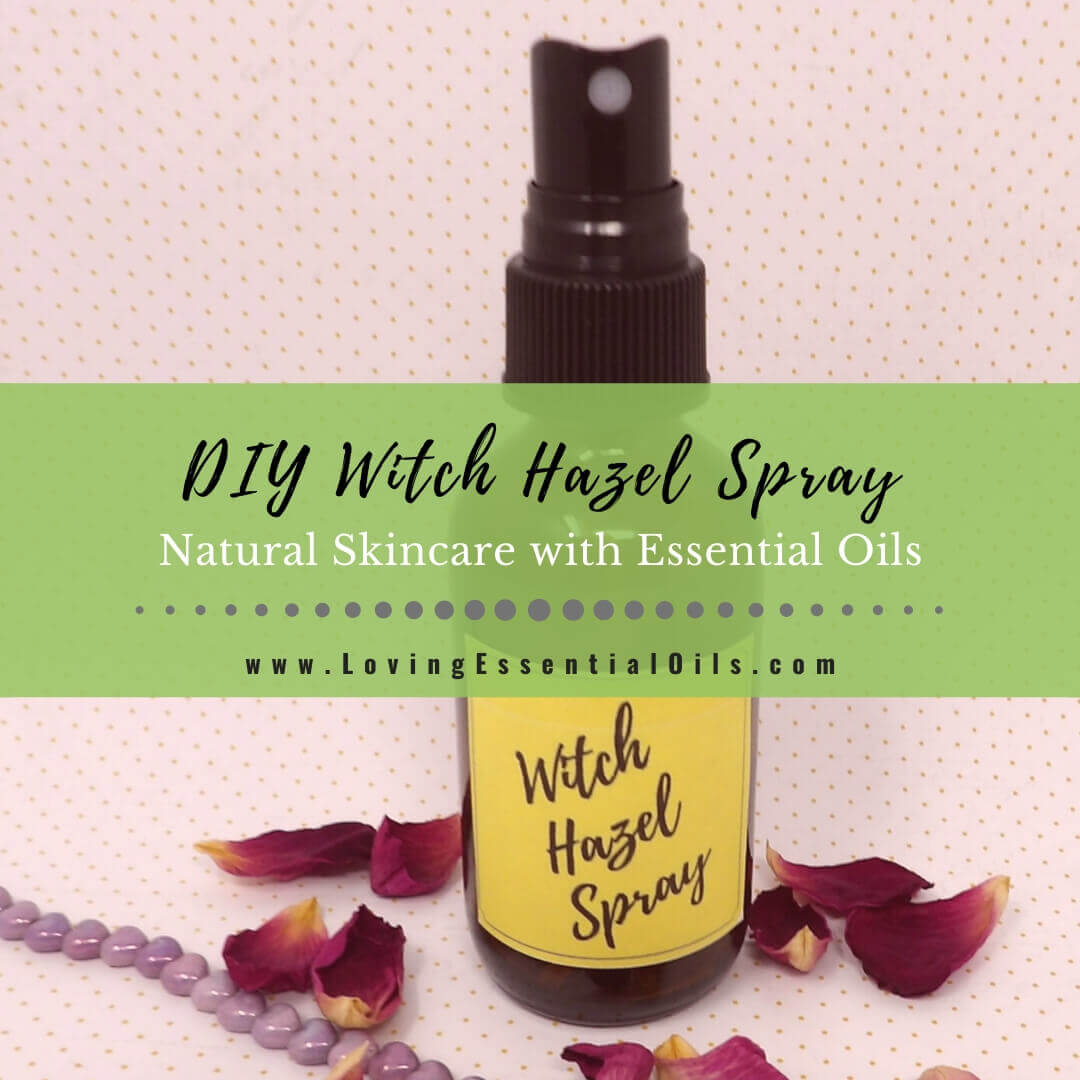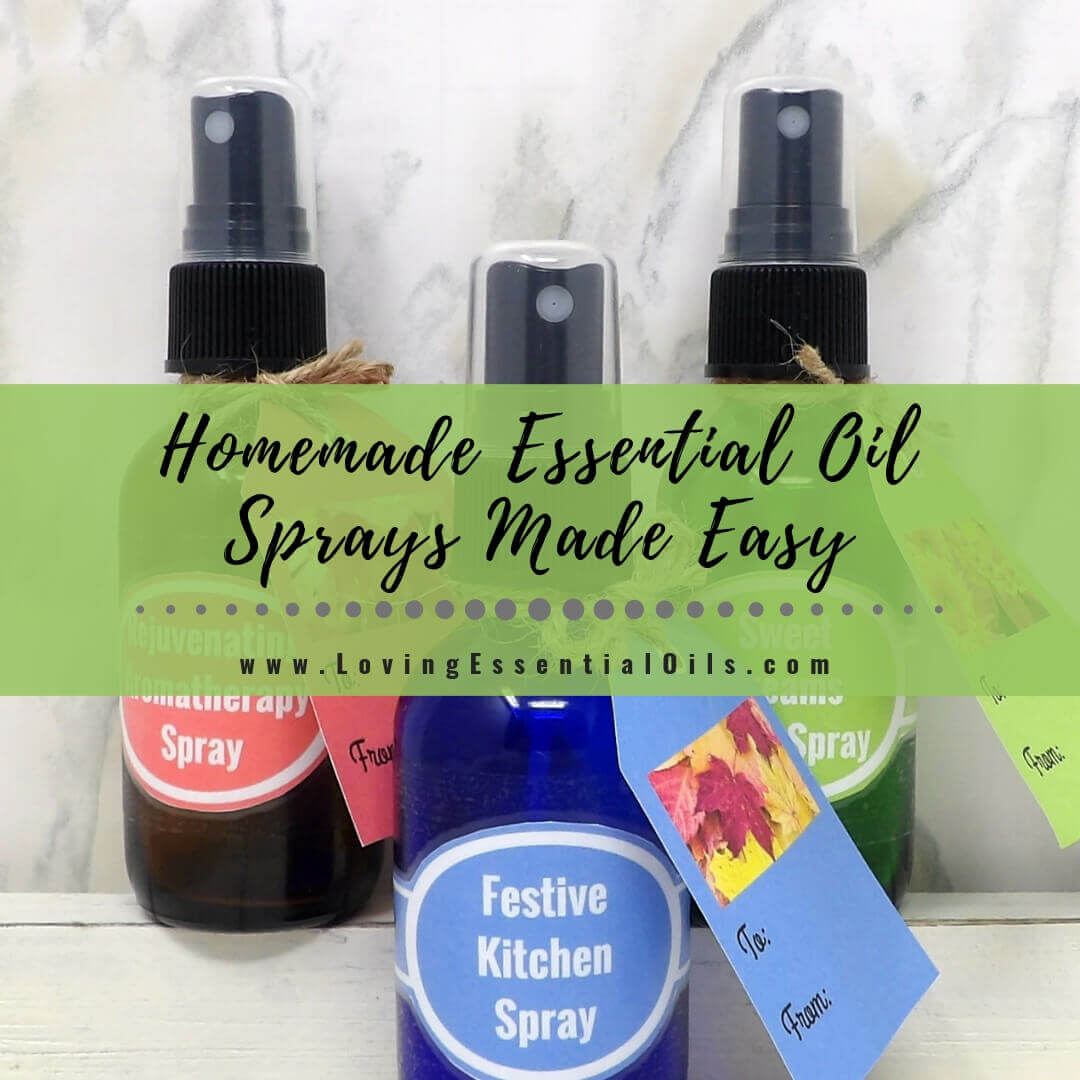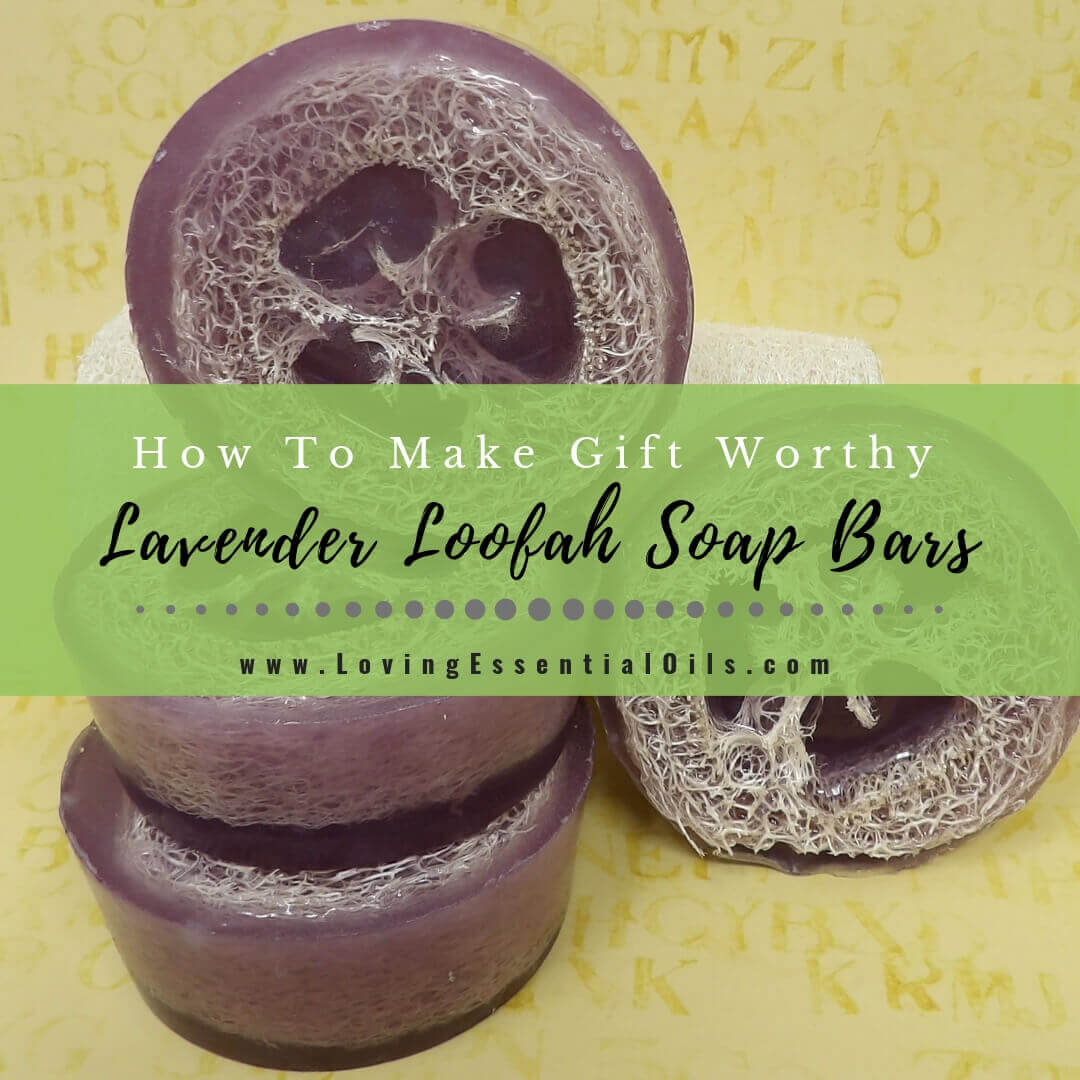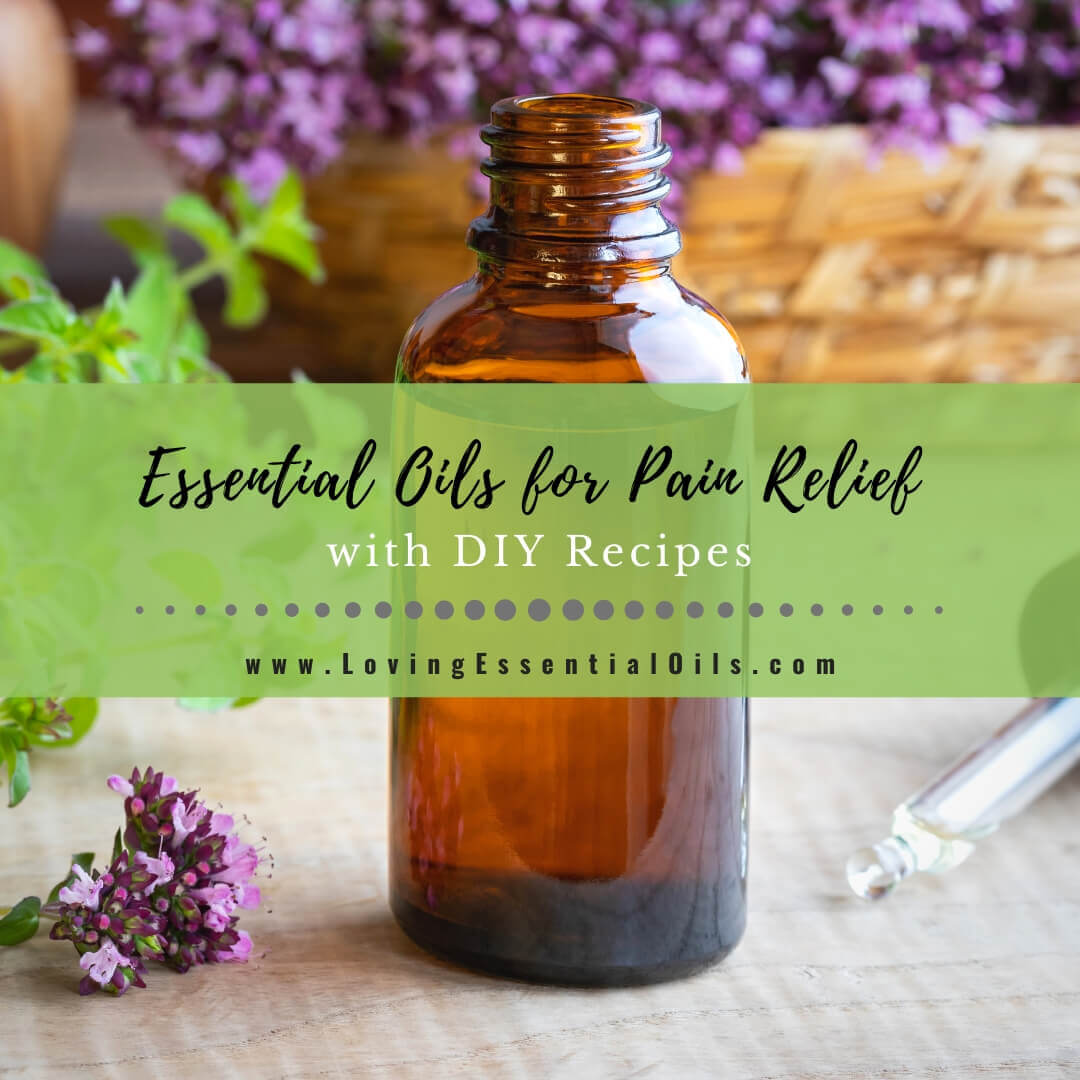Do you use witch hazel in your skin care routine? Witch hazel is well known for its skin soothing benefits. It is a staple for DIY beauty and skin care. It can be used for skin toning, acne, inflammation, postpartum healing, minor cuts, bruises and many more natural remedies. Create a simple witch hazel spray to easily enjoy what it has to offer.
What is Witch Hazel Used For?
Witch hazel extract (hamamelis virginiana) has natural astringent properties as well as anti-inflammatory and antioxidant properties. Perfect for tightening pores, soothing skin irritations and treating acne.
I have used witch hazel spray for a variety of reasons. In my beauty routine I have used it as a facial toner, for body sprays (with essential oils), to soothe a sunburn or razor burn, as a natural deodorant, to relieve itchy or dry skin, and more. I have even used for linen spray and as a natural bug spray by adding lemongrass essential oil to it.
It is best to avoid buying the store brand if you want to use for skin care. Store bought witch hazel usually contains alcohol. Alcohol is very drying to the skin and can be irritating especially to sensitive skins.
- I like Spark Naturals Spray On Witch Hazel, it is ready to use in a sprayer already!
Is witch hazel an essential oil?
Many people have been looking to essential oils as a way to improve their health, but what about witch hazel? Witch hazel is not an essential oil. It's a plant extract that has many uses for your skin and hair.
Witch hazel is a perennial shrub from the Hamamelidaceae family that grows wild in North America and Asia, typically around moist areas such as riverbanks or wet meadows. The bark was traditionally peeled off by Native Americans to make medicines for coughs and colds.

Witch Hazel Spray for Face and Skin
Facial toners can help balance oil production and tighten pores. It is good for all skin types including combination skin.
Offers gentle relief for oily, irritated, red, blemish, inflamed or dried out skin. To use as a facial toner, just add 10 drops of lavender essential oil for a skin healing toner or tea tree oil for an acne toner.
Witch hazel toner speeds up healing of skin issues and offers astringent properties that shrinks pores and and reduces inflammation.
Make a DIY face mist with witch hazel. Be sure to use alcohol free witch hazel when making a witch hazel spray for face. I find that it doesn't irritate the skin on my face or leave a burning feeling at all.
You can also prevent razor burn and speed healing to any shaving nicks if you spray on skin after shaving or waxing. Follow up with rosehip oil.
Adding Essential Oils to Witch Hazel
Can you add essential oils to witch hazel? Yes, you can if you keep a few things in mind, here they are:
- Witch hazel and essential oils don't mix, you need to shake the bottle well before each use.
- Witch hazel doesn't actually dilute the essential oil so don't use hot oils or ones that are skin irritating in your sprays.
It can also use as hair perfume, just add rose or ylang ylang essential oil to witch hazel spray. The ylang ylang witch hazel spray can also soothe an irritated and itchy scalp.
Witch Hazel and Peppermint Oil
Make a peppermint oil and witch hazel toner to cool hot skin or to soothe away a hot flash. Make a lavender witch hazel spray and use it as an all natural facial toner after you wash your skin.
DIY Witch Hazel and Essential Oils Spray
- 1/4 cup alcohol free witch hazel (unscented)
- 10 drops of essential oils (optional)
- 2 oz glass bottle with spray top
Directions: Place witch hazel into a glass spray bottle, add essential oil if desired, and shake well if adding oils. Add bottle label, see next section below on how to get the one pictured.
To use, shake well and spritz onto desired area, allow to air dry.
Witch Hazel Spray Uses
Using witch hazel spray can make you feel refreshed throughout the day. Use as a face spray, body spray or even hair spray. Spritzing on hair eliminates flyaways and can improve shine.
Mist onto skin that sunburned or windblown to ease pain and inflammation. Calms itching too.
Here are more uses:
- acne
- diaper rash
- skin sores
- bruises
- redness and swelling
- ingrown hairs
- psoriasis or eczema
- dry skin
- oily skin
- excess sweating
- varicose veins
- cracked or blistered skin
- insect bites
- irritated scalp
- sunburn
- razor burn
- hemorrhoids
- allergic reactions
- puffy eyes
- poison ivy or oak
- stretch marks and scars
- reduces static
Want a really cooling spray of witch hazel? Refresh and hydrate your hot skin by storing your bottle in the refrigerator until ready for use. Then mist on your face and skin for a cooling effect.
Witch Hazel Spray Bottle Labels
We have free printable bottle labels for witch hazel spray as well as for some other common spray you may want to make. Download this freebie: Witch hazel Spray and More Labels
How to Make Homemade Witch Hazel Pads
For bruising to itch relief, using witch hazel with cotton pads makes application simple for some uses. These are a convenient alternative to the spray, perfect for hemorrhoids, postpartum healing, acne wipes, makeup remover and healing bug bites.
- 4oz glass jar
- Cotton pads
- 1/2 cup witch hazel
- Essential Oils as desired
Directions: Add pads into jar and pour liquid over (can use cotton balls if you prefer). To use, gently squeeze out excess liquids and apply as desired.

Best Essential Oils To Use With Witch Hazel
Create some all natural spray recipes using essential oils in your spray with witch hazel, here are some I have used.
- Lavender Oil (all purpose for face and skin)
- Ylang Ylang Oil (body sprays, hair sprays)
- Tea Tree Oil (acne, minor cuts, natural deodorant)
- Peppermint Oil (cooling, hot flashes, sunburn, razor burn)
- Lemongrass Oil (bug sprays, natural deodorant)

Loving Essential Oils Recipes that Use Witch Hazel
Share on Pinterest







